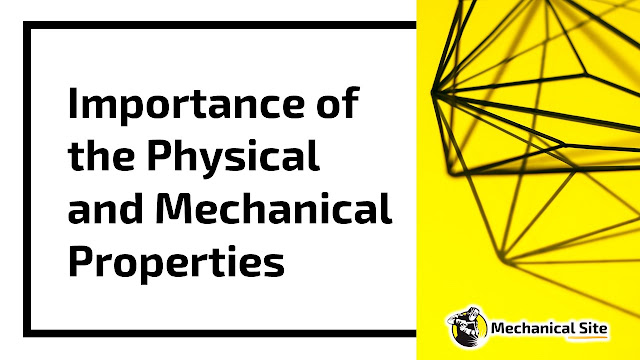Layout of Modern Steam Power Plant
 |
| Layout of Modern Steam Power Plant |
Explain the modern layout of Steam power plant:
The layout of a modern steam power plant comprises of the following four circuits:1. Coal and ash circuit.
2. Air and gas circuit.
3. Feed water and steam flow circuit.
4. Cooling water circuit.
Coal and Ash Circuit:
Coal arrives at the storage yard and after necessary handling, passes on to the furnaces through the fuel feeding device. Ash resulting from combustion of coal collects at the back of the boiler and is removed to the ash storage yard through ash handling equipment.Air and Gas Circuit:
Air is taken in from atmosphere through the action of a forced or induced draught fan and passes on to the furnace through the air preheater, where it has been heated by the heat of flue gases which pass to the chimney via the preheater. The flue gases after passing around boiler tubes and superheater tubes in the furnace pass through a dust catching device or precipitator, then through the economiser, and finally through the air preheater before being exhausted to the atmosphere.
Feed Water and Steam Flow Circuit:
In the water and steam circuit condensate leaving the condenser is first heated in a closed feed water heater through extracted steam from the lowest pressure extraction point of the turbine. It then passes through the deaerator and a few more water heaters before going into the boiler through economiser.In the boiler drum and tubes, water circulates due to the difference between the density of water in the lower temperature and the higher temperature sections of the boiler. Wet steam from the drum is further heated up in the superheater for being supplied to the primemover. After expanding in high pressure turbine steam is taken to the reheat boiler and brought to its original dryness or superheat before being passed on to the low pressure turbine. From there it is exhausted through the condenser into the hot well. The condensate is heated in the feed heaters using the steam trapped (blow steam) from different points of turbine.
A part of steam and water is lost while passing through different components and this is compensated by supplying additional feed water. This feed water should be purified before hand, to avoid the scaling of the tubes of the boiler.
Cooling Water Circuit:
The cooling water supply to the condenser helps in maintaining a low pressure in it. The water may be taken from a natural source such as river, lake or sea or the same water may be cooled and circulated over again. In the latter case the cooling arrangement is made through spray pond or cooling tower.Components of a Modern Steam Power Plant:
A modern steam power plant comprises of the following components :1. Boiler
(i) Superheater (ii) Reheater
(iii) Economiser (iv) Air-heater.
2. Steam turbine 3. Generator
4. Condenser 5. Cooling towers
6. Circulating water pump 7. Boiler feed pump
8. Wagon tippler 9. Crusher house
10. Coal mill 11. Induced draught fans
12. Ash precipitators 13. Boiler chimney
14. Forced draught fans 15. Water treatment plant
16. Control room 17. Switch yard.
Functions of some important parts of a steam power plant :
1. Boiler. Water is converted into wet steam.
2. Superheater. It converts wet steam into superheated steam.
3. Turbine. Steam at high pressure expands in the turbine and drives the generator.
4. Condenser. It condenses steam used by the steam turbine. The condensed steam (known as condensate) is used as a feed water.
5. Cooling tower. It cools the condenser circulating water. Condenser cooling water absorbs heat from steam. This heat is discharged to atmosphere in cooling water.
6. Condenser circulating water pump. It circulates water through the condenser and the cooling tower.
7. Feed water pump. It pumps water in the water tubes of boiler against boiler steam pressure.
8. Economiser. In economiser heat in flue gases is partially used to heat incoming feed water.
9. Air preheater. In air preheater heat in flue gases (the products of combustion) is partially used to heat incoming air.
2. Superheater. It converts wet steam into superheated steam.
3. Turbine. Steam at high pressure expands in the turbine and drives the generator.
4. Condenser. It condenses steam used by the steam turbine. The condensed steam (known as condensate) is used as a feed water.
5. Cooling tower. It cools the condenser circulating water. Condenser cooling water absorbs heat from steam. This heat is discharged to atmosphere in cooling water.
6. Condenser circulating water pump. It circulates water through the condenser and the cooling tower.
7. Feed water pump. It pumps water in the water tubes of boiler against boiler steam pressure.
8. Economiser. In economiser heat in flue gases is partially used to heat incoming feed water.
9. Air preheater. In air preheater heat in flue gases (the products of combustion) is partially used to heat incoming air.





